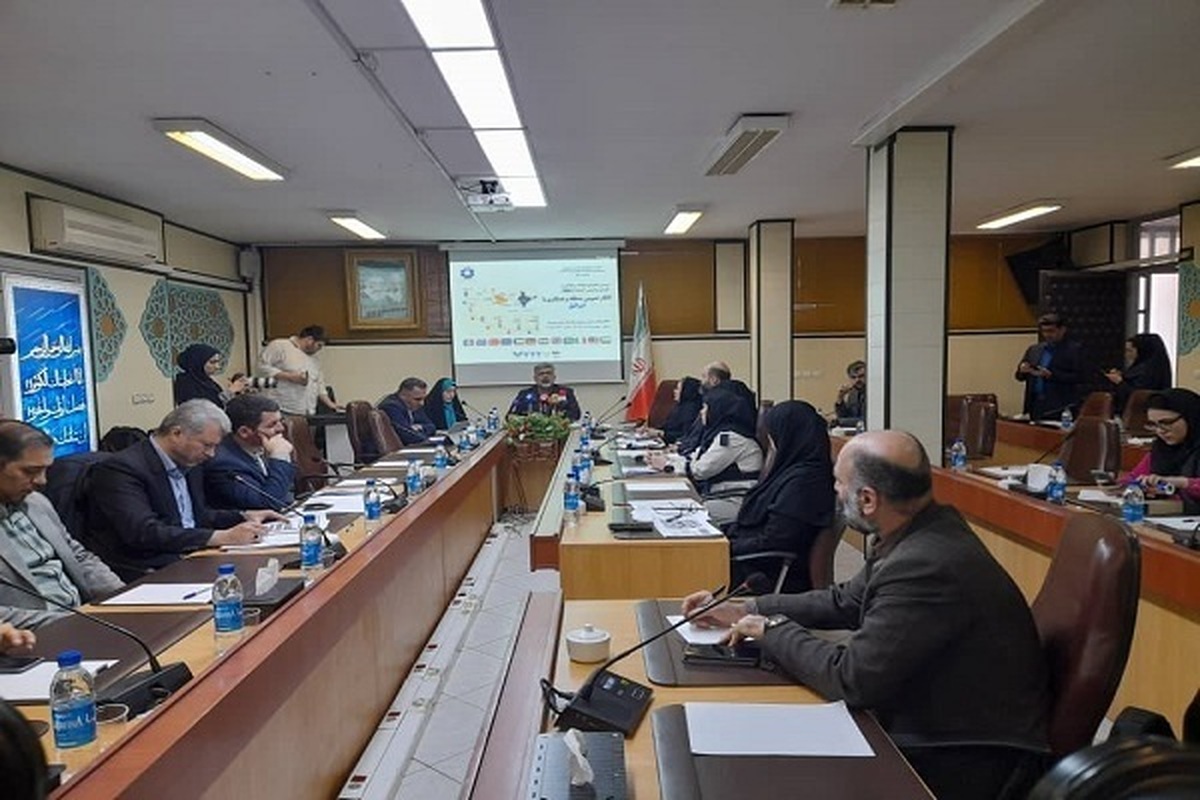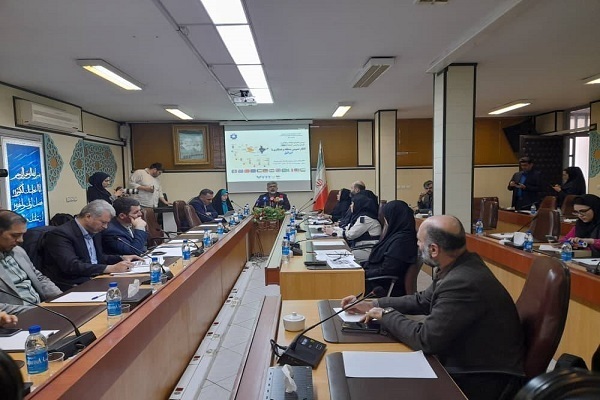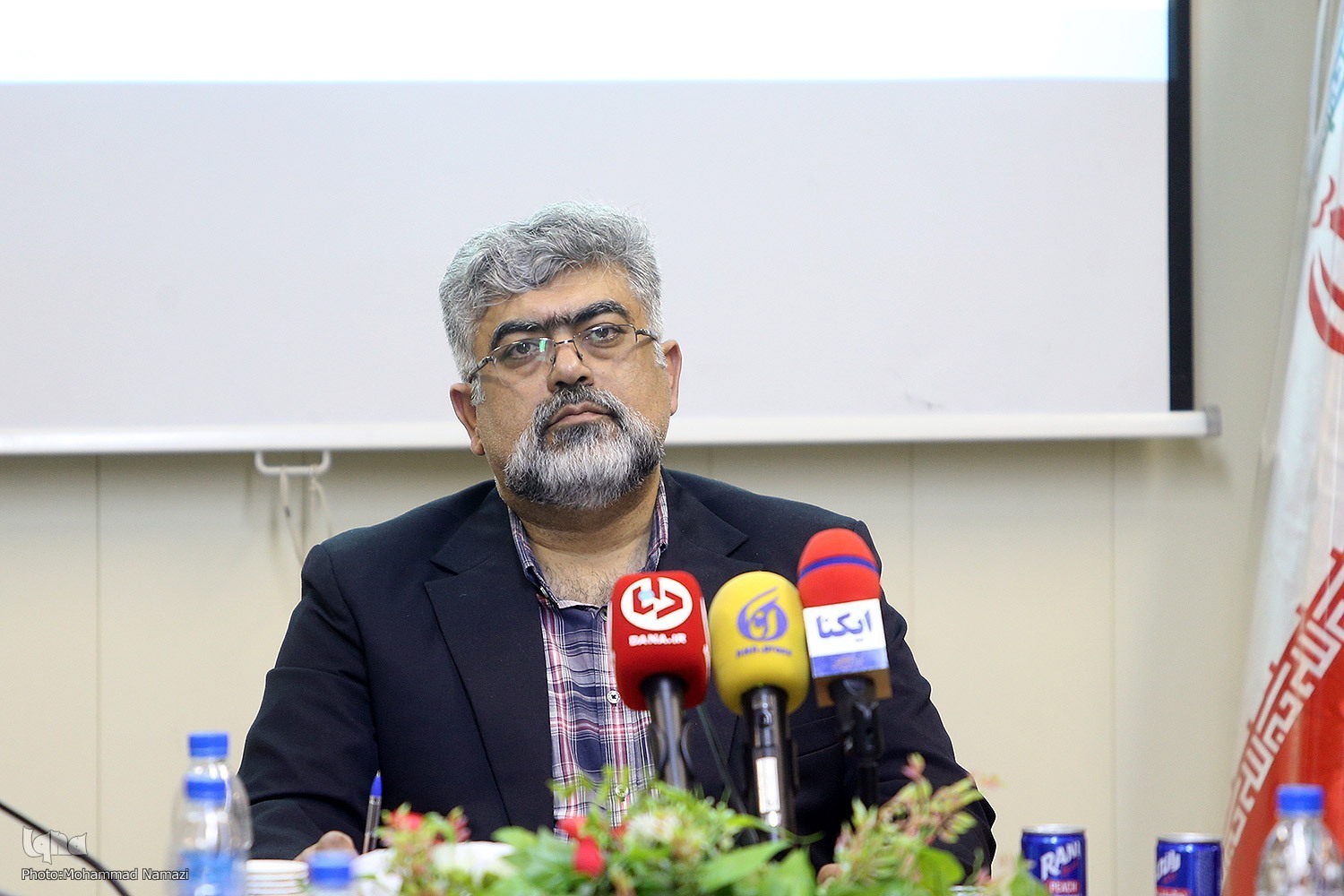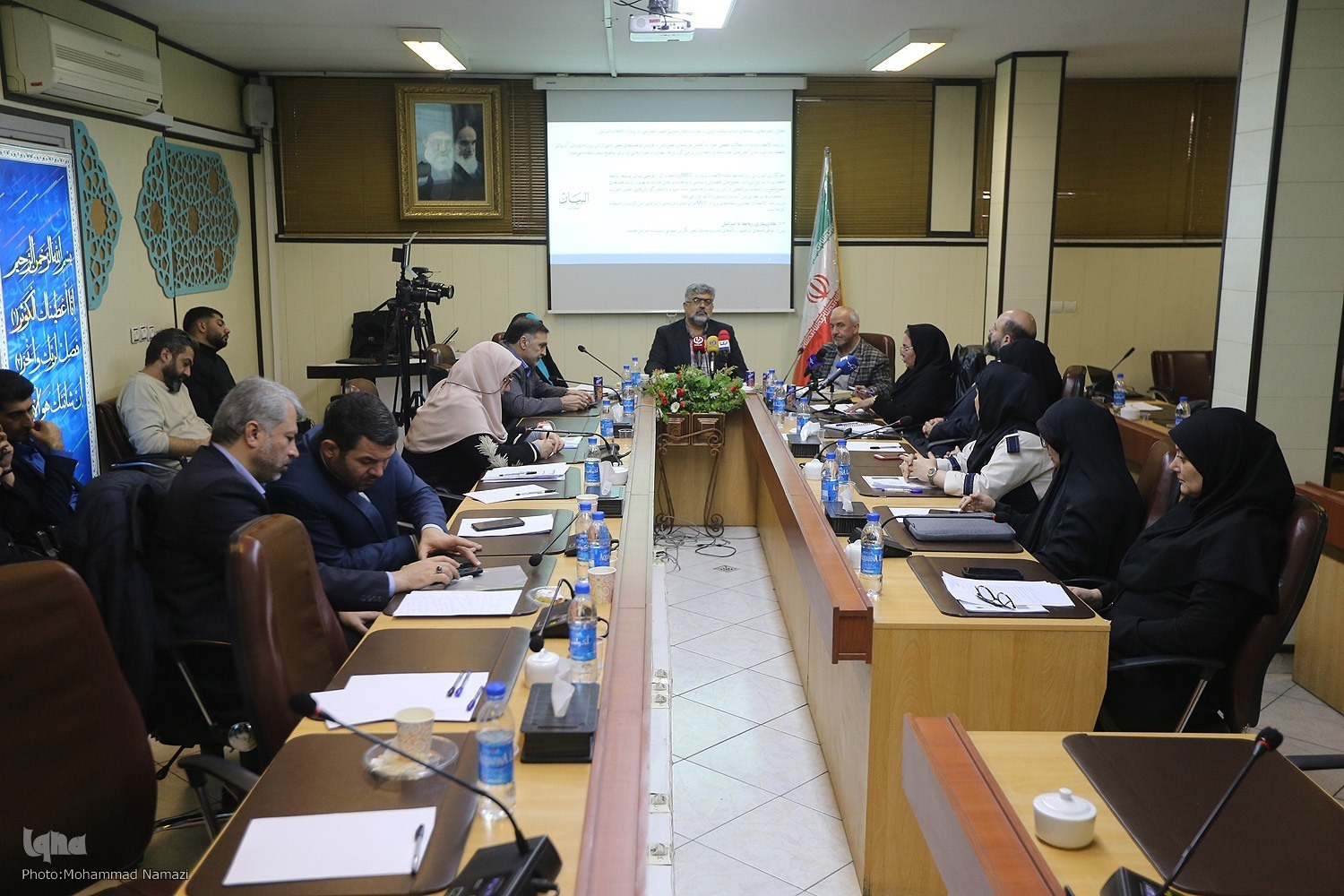IMEC Corridor Aimed at Ensuring Israel’s Security: Forum


The corridor is a proposed route from India to Europe through the United Arab Emirates, Saudi Arabia, occupied Palestine and Greece.
The 64th specialized forum of the Media and Cyberspace Strategic Think Tank was held at the International Quran News Agency (IQNA) in Tehran on Wednesday.
Attended by media personalities, researchers and university students, it featured discussions on the media operations regarding the IMEC.
Hamid Reza Hosseini Dana, head of the think tank and scientific secretary of the forum, was among the speakers.
He said one of the discussions in current and future global economic competitions is about corridors, such as the North-South Corridor, the Middle Corridor, and the Caucasus Corridor.
“Recently, during the G20 summit, a corridor named IMEC was announced. This corridor, involving India as a key player, plans to transport goods, services, liquid hydrogen, energy, and electricity from the southern Persian Gulf countries through the UAE, Oman, Saudi Arabia, and Jordan to the Zionist regime and the Port of Haifa. Ships will then transport these goods from the Port of Haifa to ports in Greece, Poland, Italy, and Europe, thereby establishing a connection between Europe and Asia in this manner.
Read More:
After more than 70 years of effort by the US and Israeli regime, only a few countries have established relations with the regime while numerous wars and initiatives like the Deal of the Century, the Abraham Accords, and the Greater Middle East have not succeeded in establishing such ties.

Researchers at the Media and Cyberspace Strategic Think Tank examined Leader of the Islamic Revolution Ayatollah Seyed Ali Khamenei’s Friday sermon, where he mentioned the IMEC project, he noted.
“They explored how the media in various countries discussed public opinion regarding relations with Israel, what discourse they adopted, and which topics they emphasized to maintain public approval of their country’s participation in this project (IMEC).”
Hosseini Dana said the researchers have monitored and analyzed how media in different countries have communicated with the people in the region about these countries’ cooperation with Israel and what has led to this collaboration.
“After the ceasefire agreement between the Zionist regime and Hamas in Gaza was signed, the regime’s first action was to send its representative to the UAE to follow up on the IMEC corridor.”
He called on the researchers present at the forum to share the results of their studies.
In his speech, Mohammad Kazem Karami discussed Turkey’s stance and its media’s position regarding the IMEC corridor. He stated that Turkish media have adopted a specific and coordinated stance on IMEC compared to other countries.
“When IMEC overlooked Turkey, the country’s sensitivity towards this corridor increased,” he said.
Read More:
The IMEC Corridor was announced at the G20 summit, and the main reason the G20 focused on this issue was to ensure the security of Israel in the region, he stated. “We can even see that despite the Al-Aqsa Storm Operation, countries are unwilling to abandon it and have become even bolder about it.”

He added that the IMEC corridor, more than trade exchanges, aims to ensure Israel’s security in the region. “Initiatives like the Abraham Accords and other projects to normalize relations with the Zionist regime also pursue this goal.”
Ahmad Hajir Mashouf, another researcher at the meeting, shared his findings from monitoring Greek media.
He said that Greek media have introduced the project as a national initiative, making all its benefits tangible to the public.
“This includes highlighting economic advantages, emphasizing the creation of 100,000 new jobs, predicting a 15% increase in maritime trade, attracting foreign business, setting a geopolitical framework, and presenting IMEC as an innovative alternative to China’s Belt and Road Initiative. Additionally, the project aims to strengthen relations between India and Israel, involve experts and specialists in its implementation, provide extensive coverage of diplomatic meetings, and focus on job opportunities.”
Other speakers elaborated on their findings about the media coverage of reports about the IMEC corridor in other countries.
4264248



